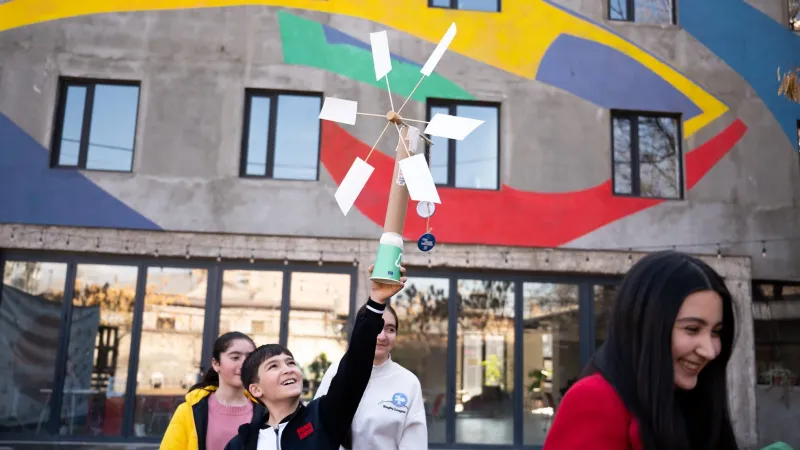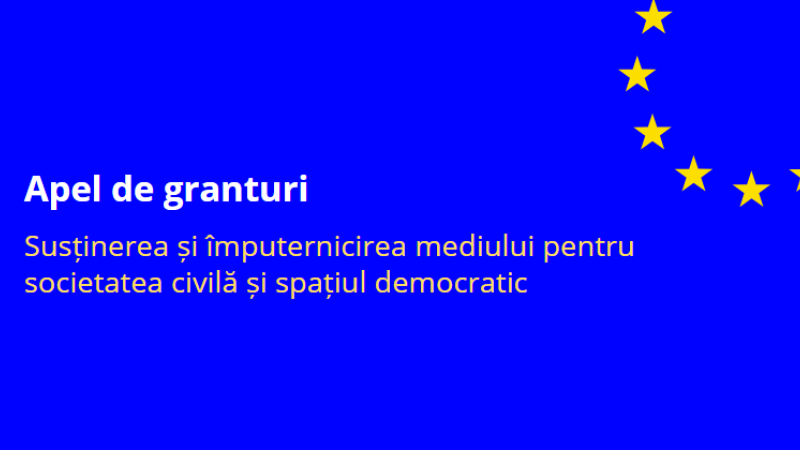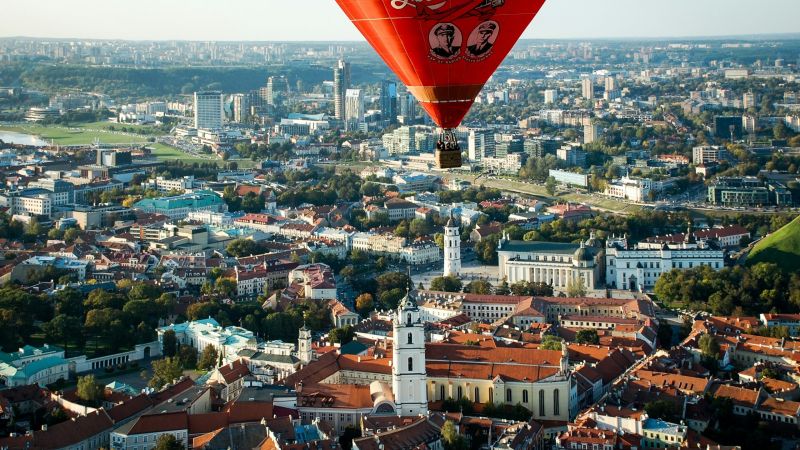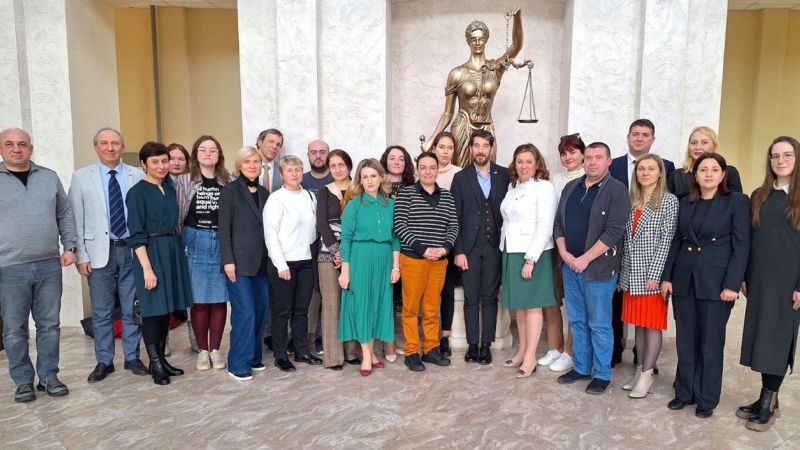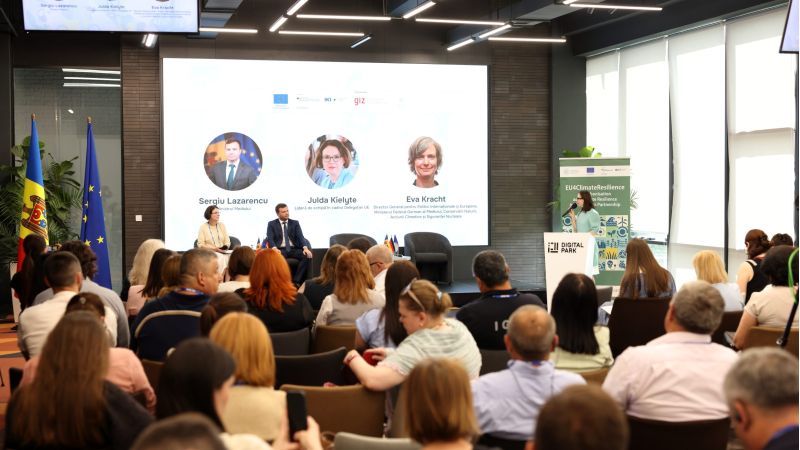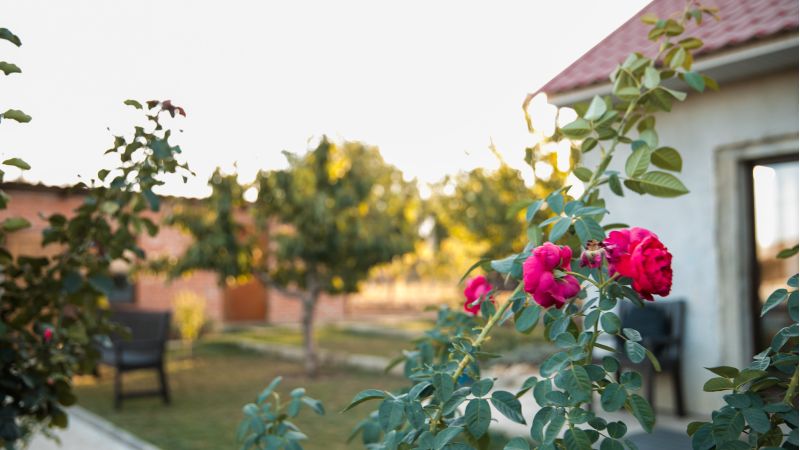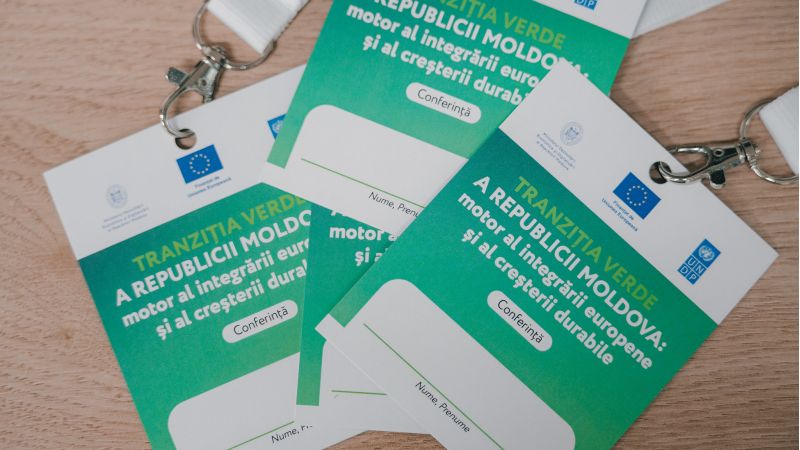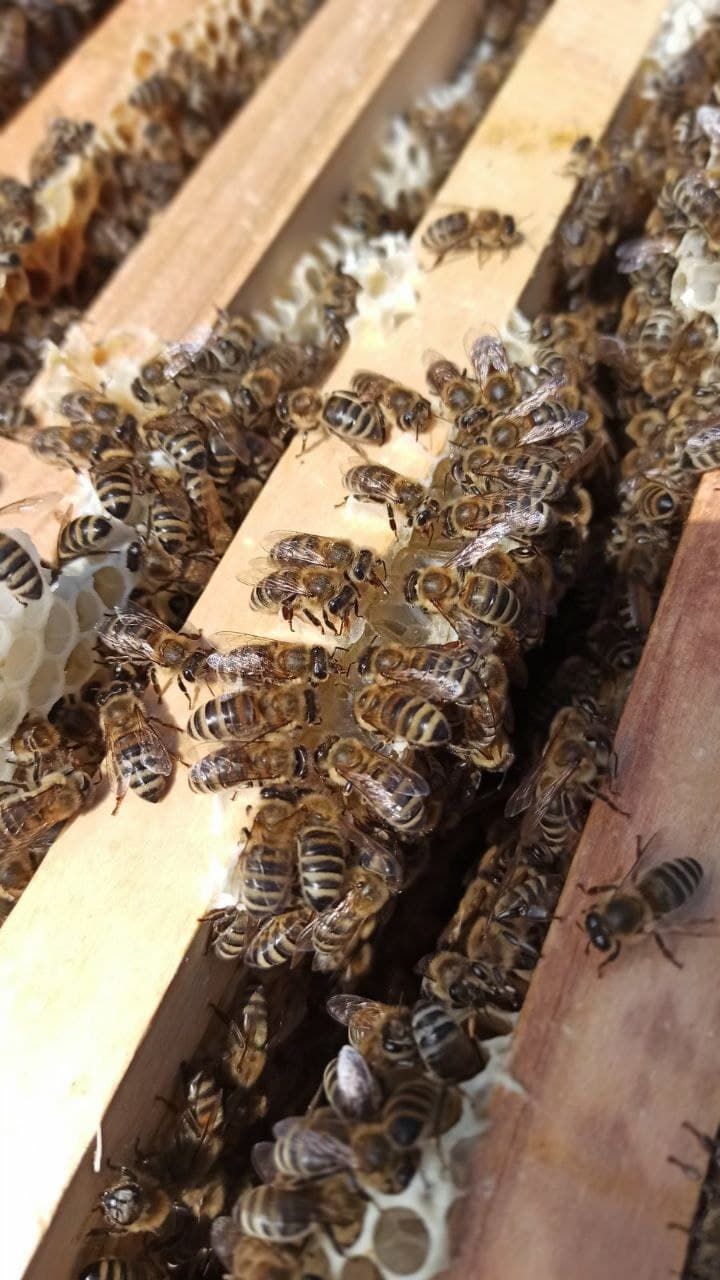
Uniunea Europeană și banca sa, BEI, ajută sectorul apicol să devină mai profitabil în Republica Moldova
Prin Livada Moldovei BEI a finanțat 1,2 milioane EUR investiții în apicultură în ultimii 2 ani
În Moldova, apicultura este un subsector important al economiei prin impactul pe care îl are asupra polenizării culturilor arabile și horticole precum și prin mierea pe care o produce, care este vândută în proporție de peste 90% pe piața europeană. Din 2016, UE prin BEI a pus la dispoziție o linie de credit de 120 de milioane EUR pentru antreprenorii din sectorul horticol și apicol. Cu această finanțare, apicultorii din Moldova pot majora numărul de stupi, pot dezvolta unitățile de procesare și ambalare și pot explora noi direcții de vânzare. În 2020 și 2021, patru companii au beneficiat de acest program, investind în total 1,2 milioane EUR în dezvoltarea afacerilor lor apicole.

Albinele reprezintă o verigă importantă în susținerea vieții pe pământ. Ele sunt renumite pentru furnizarea produselor alimentare de înaltă calitate (miere, lăptișor de matcă și polen), dar și produse utilizate în medicină și alte domenii (ceară de albine, propolis și venin de albine). Cu toate acestea, cea mai mare contribuție a albinelor și a altor polenizatori este polenizarea a aproape trei sferturi din toate speciile de plante. Aceste plante produc 90% din hrana lumii. La nivel global, aproape 90% din plantele sălbatice și 75% dintre culturile agricole depind de polenizarea albinelor. Cu 20.000 de albine dintr-o singură familie care roiesc într-un stup, mai mult 20 de milioane de flori sunt polenizate în fiecare zi. În anul 2018, în Moldova erau aproximativ 165.000 de familii de albine care polenizau circa 350.000 ha de teren agricol (dintre care 40% teren horticol) ceea ce a permis o creștere a recoltei cu 20-30% traducându-se într-o valoare anuală a apiculturii de peste 35 milioane EUR.
În prezent, în Moldova sunt înregistrați peste 7.800 de apicultori. În 2020, au fost produse aproximativ 3.500 de tone de miere și au fost exportate 3.300 de tone. Peste 90% din mierea moldovenească ajunge pe piața europeană, principalele țări importatoare fiind Italia, Franța, Slovacia, România, Polonia și Germania.
Uniunea Europeană (UE) nu este doar principalul partener comercial, ci și una dintre principalele surse de finanțare pentru apicultorii moldoveni. UE prin Banca Europeană de Investiții (BEI) a pus la dispoziție o linie de credit de 120 milioane EUR pentru horticultorii și apicultorii din Moldova. Programul se numește Livada Moldovei. Acesta oferă scutire de plata TVA și a taxelor vamale pentru toate investițiile finanțate, perioadă lungă de creditare de până la 10 ani, dobândă competitivă și suport la aplicare. În cadrul proiectului, până în 2023 mai pot fi absorbiți 59 de milioane de euro de către antreprenori. În 2020 și 2021, patru companii cu activitate în apicultură au aplicat la proiectul Livada Moldovei luând în totalitate împrumuturi investiționale de 1,2 milioane de euro, prin care au reușit să devină mai competitivi.
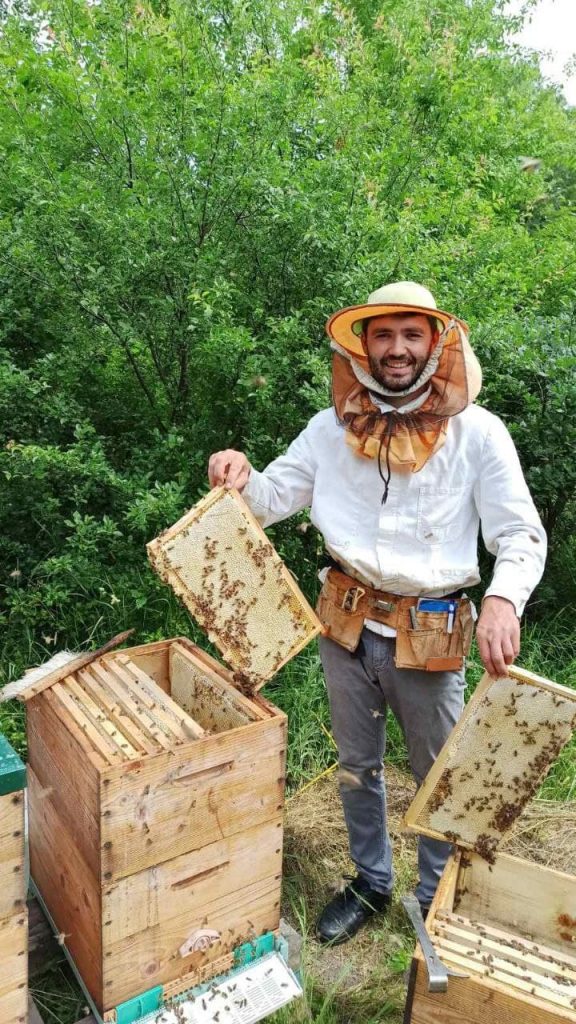
Un exemplu este Mihai Curjos, fiind un antreprenor de 30 de ani care conduce o mică afacere apicolă în Larga Noua, Cahul. El este un apicultor din a treia generație, deoarece bunicul său avea stupi în curte din 1970, iar tatăl lui Mihai i-a călcat pe urmele bunicului său. În timp ce ei practicau apicultura la nivel de amatori cu 20-30 de stupi, Mihai a ridicat afacerea la 100 de stupi, dar în 2018 a decis să o dezvolte la 200 de stupi. Prin proiectul Livada Moldovei, antreprenorul a beneficiat de un credit de 10.000 EUR. Cu acești bani, a achiziționat 100 de stupi și câteva utilaje precum o centrifugă pentru 42 de rame, un descăpăcitor semiautomat și un topitor de ceară.chine.
